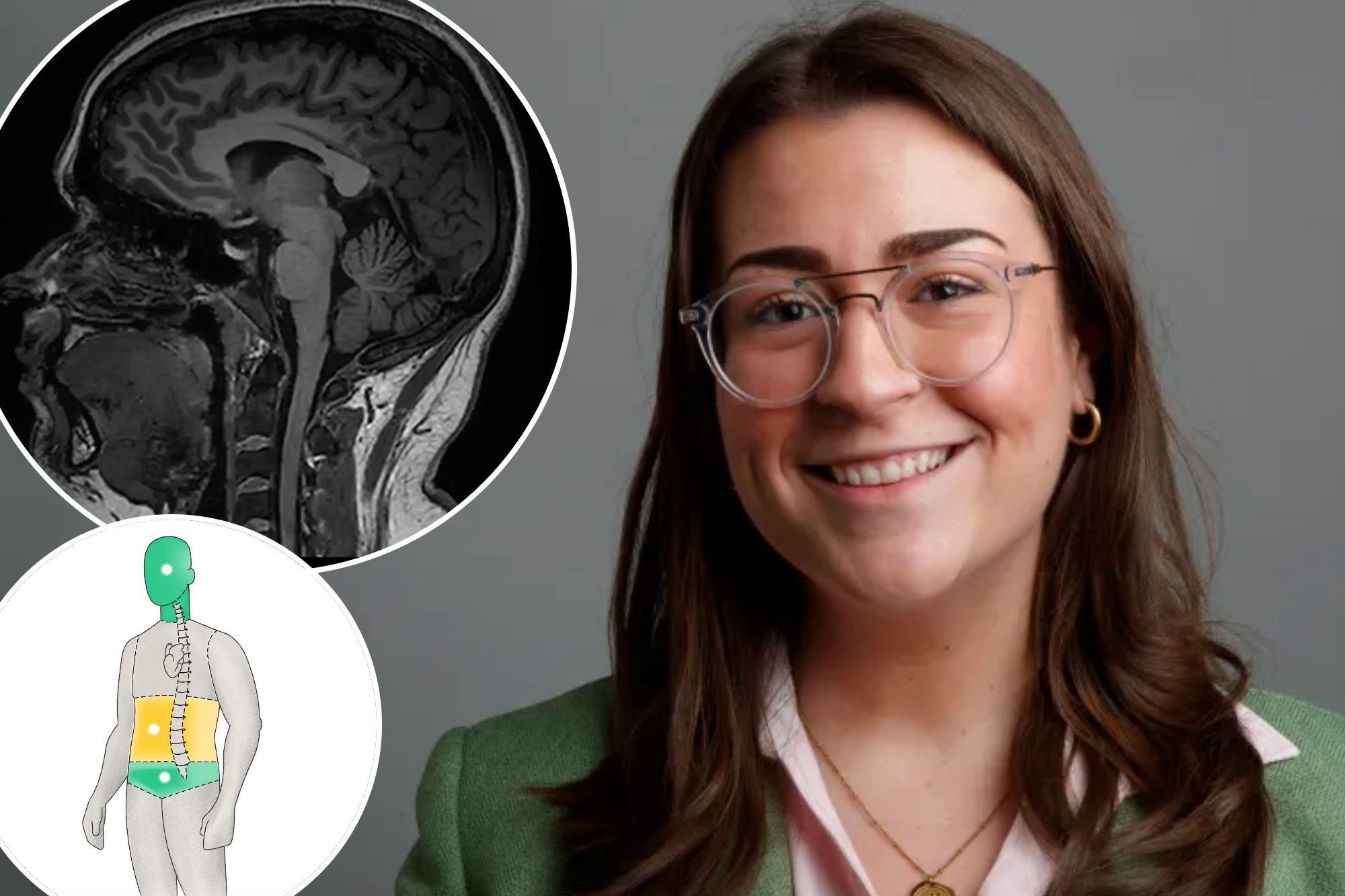A recent full-body MRI scan uncovers potential health risks, revealing the impact of common lifestyle habits on well-being. The scan, conducted by Ezra, a health technology company based in New York City, identified several health warnings, including early signs of nonalcoholic fatty liver disease (NAFLD) and insulin resistance.
The MRI experience itself was described as surprisingly pleasant. After a week filled with anticipation, the results arrived, initially offering reassurance with the description of “grossly unremarkable.” Yet, the report soon pointed to underlying concerns that could have significant implications for health.
Ezra, which is a subsidiary of blood-testing startup Function Health, markets full-body MRIs directly to consumers. This trend has gained traction, especially among health-conscious individuals willing to pay up to $499 for scans that insurance typically does not cover. Celebrity endorsements from figures like Kim Kardashian and Dwyane Wade have further fueled interest, positioning these scans as an essential part of preventive medicine.
Understanding the Health Risks Revealed
The report indicated that while no immediate health threats were detected, several areas warranted attention. Among the findings were sinus inflammation, mildly swollen lymph nodes, and a few follicular cysts on the ovaries, which are generally benign. However, the scan also revealed an enlarged liver and the presence of a gallstone. Dr. Mark Hyman, a physician and co-founder of Function Health, noted that an enlarged liver could indicate issues ranging from infections to metabolic disorders, and it often goes unnoticed.
NAFLD, a condition where excess fat accumulates in the liver, is increasingly common in Western societies. Dr. Hyman pointed out that approximately 40% of adults in the United States may be affected by this “silent epidemic,” many of whom remain unaware. This condition is concerning, as it heightens the risk of serious health complications, including heart disease and diabetes.
“NAFLD is not cancer, but it can lead to severe liver damage if left untreated,” Dr. Hyman explained. “The presence of a gallstone and early signs of fatty liver suggest a need to address insulin resistance more proactively.”
Navigating Health Recommendations
In light of these findings, Dr. Hyman recommended lifestyle adjustments to mitigate health risks. Suggestions included reducing the intake of Tylenol, sugar, and starches. Additionally, he proposed considering supplements like N-acetyl cysteine and alpha-lipoic acid to improve liver function and address insulin resistance.
The insights gained from the MRI highlight a broader issue affecting many adults. Dr. Hyman stated, “Ninety-three percent of Americans have some form of metabolic dysfunction and don’t know it. Early intervention can significantly improve health outcomes.”
As more individuals turn to advanced imaging techniques like those offered by Ezra, it becomes crucial to weigh the benefits against potential drawbacks, such as unnecessary anxiety and invasive procedures. While full-body scans can provide valuable information, they may also lead to false alarms, prompting further tests that might not be necessary.
This case serves as a reminder of the importance of regular health screenings and the need for individuals to be proactive about their well-being. The preliminary results from the full-body MRI not only revealed hidden health risks but also underscored the impact of common lifestyle habits on overall health. Understanding and addressing these risks is essential for maintaining long-term health and preventing more serious conditions down the line.




































































